Submission is managed through the ConfTool system, please register and login to the conference management system. The call for papers can be downloaded: Call for Papers (PDF). Please use the following template for your submission, note the word limit (300) for submissions and upload your submission anonymised.
We are confident that EATAW23 can finally be held as an onsite in-person conference again and is being planned accordingly, however, it will be possible to present remotely (via Webex) but we will not stream the whole conference.
Call opens: 01st November 2022
Call closes: 5th January 2023
Conference Topic
Writing technology, thinking, and learning
What tutoring, teaching, and learning of writing mean in a digitalized university.
Writing technology has become a favourite playground for tech giants such as Microsoft, Google, and Apple for whom word processors are key products that make PCs, laptops, and tablets attractive for users. Along with the internet, new technologies for communication and knowledge exchange have upended the foundations of our discourses and disciplines. More recently, further developments enhanced by artificial intelligence technologies move on to connect word processors with mindenhancing software, thus shifting intellectual development in new, still uncharted territories.
Within a few decades, digital writing has changed literacy fundamentally, and this impacts all of us as writing teachers, writing researchers, writing developers, writing centre practitioners, and, of course, our students.
We suggest using the next EATAW conference to share, propose and critically discuss concepts that will help us cope with the avalanche of new technologies currently pouring into our lives and into the practice, teaching, and tutoring of writing. As a pivotal theme for the conference, we suggest a focus on the development of word processing and its fusion with the internet which removes all established borders of text production and rearranges the contexts, workflows, and practices of writing. Particularly, the cross-over from writing to thinking and learning is of prime interest for writing centres and writing programs in higher education.
We are convinced that it is necessary to rewrite the story of word processing and create a new consistent perspective that adds literacy and culture to the predominantly technological plot lines told in the computer sciences. We need to carve out places for our own disciplines – rhetoric and composition, writing sciences, writing studies, second language learning, applied linguistics –
whatever they may be. We believe that our voices are not loud or clear enough yet to influence the future of digital writing. It is our view that we have yet to become real players in the field that can enter the discussion on the next generation of writing and thinking tools.
We expect conceptually and methodologically well-founded contributions that will lead to a better understanding of technology use in writing and in the teaching of writing. We also encourage critical contributions that question or problematize digital writing. We use the term “technology” in a broad
sense to include such issues as user experiences and attitudes, usability and functionality, conceptional and educational issues, skills and competences, as well as its integration into teaching and practice. Examples of potential contributions are as follows:
- New genres, assignments, and formats for academic writing
- New forms of thesis writing and thesis supervision
- Collaborative writing, collective papers
- Wikis, learning platforms, and portfolios
- Technological developments
- New functions, tools, technologies
- Networked thinking and connected thought
- Uses and affordances of word processors
- Writing Centres and writing programs
- Writing centre policies on using digital tools
- Teaching technology in writing courses
- Technology implementation issues in HE institutions
- Changing roles of and opportunities for writing centres
- Digital tutors: Automatic feedback and intelligent tutoring
- Feedback management tools for peers, tutors, and supervisors
- Using technology as a means of the teaching of writing
- Research on the digitalization of academic writing
- Collaboration in interdisciplinary tech projects
- Technology mapping and technology reviews
- Tool development and testing as a part of writing research
- In-depth studies on specific writing tools
- tool comparisons and testing
- Legal and ethical aspects to be considered
- Critical aspects of digitalization
- Digitalisation for its own sake?
- Limits to technology in academic writing and its supervision.
- Where will humans still beat the machine(s)?
- A praise for analogue tools, techniques, and procedures.
- Understanding a generation of writers who grew up with digital technology
In addition to these topics, the conference is open to contributions on other fields of study relevant to the EATAW community.
Session formats
We encourage six types of contributions:
Paper
presentations
Research-based presentations of 15 minutes (plus 10 minutes for questions
and discussion). Research-based presentations are expected to be results-oriented and based on
data collection and robust methodology.
Teaching-oriented
presentations
10‑minute presentations on teaching-related designs,
development or experience followed by 5 minutes for questions and discussion
Symposia
90‑minute sessions, typically with 3–4 papers totalling a maximum of 60 minutes followed by a 30‑minute discussion moderated by a chairperson. One abstract is to be submitted per symposium. Chairperson should be first author, other paper presenters of symposium coauthors.
Workshops
A workshop (90 minutes) should actively involve participants in activities, discussions
or exchange of knowledge and experiences. Proposals should clearly indicate the types of
activities planned and the types of questions to be discussed.
Roundtable
Each session is 60 minutes and is focused on one topic with one presenter or presenting group. The aim for these sessions is to stimulate discussion and networking on an
issue central to the development of the field or an ongoing project or a project to be launched. Proposals should clearly indicate why this is an urgent topic and include a couple of key
questions to be discussed. Presenters give a five-minute introduction to the topic, followed by 50 minutes of discussion, leaving five minutes for the chair and roundtable convener to summarise the discussion.
Poster, demo
Posters will be on display throughout the conference, and presenters will discuss and explain their posters, demo in an allocated poster session. For demos, please bring your own device.


